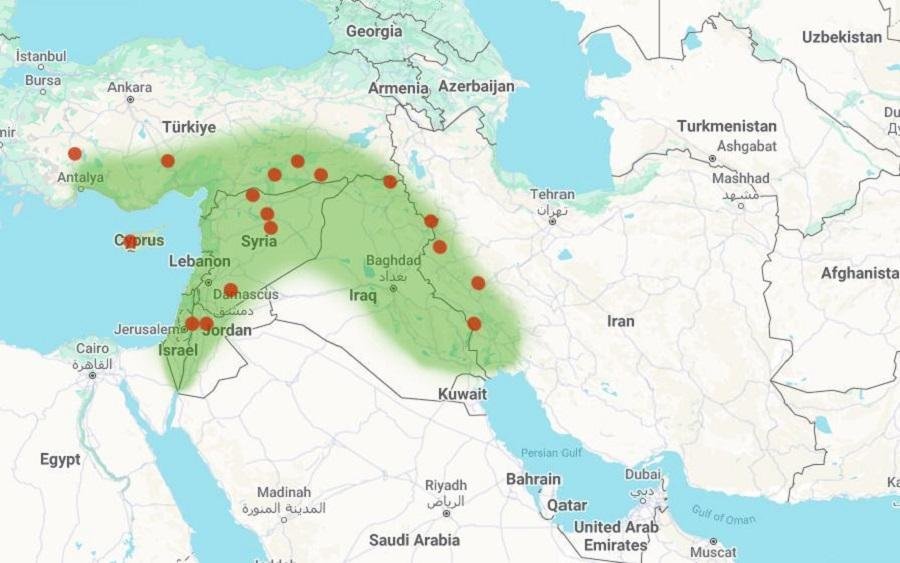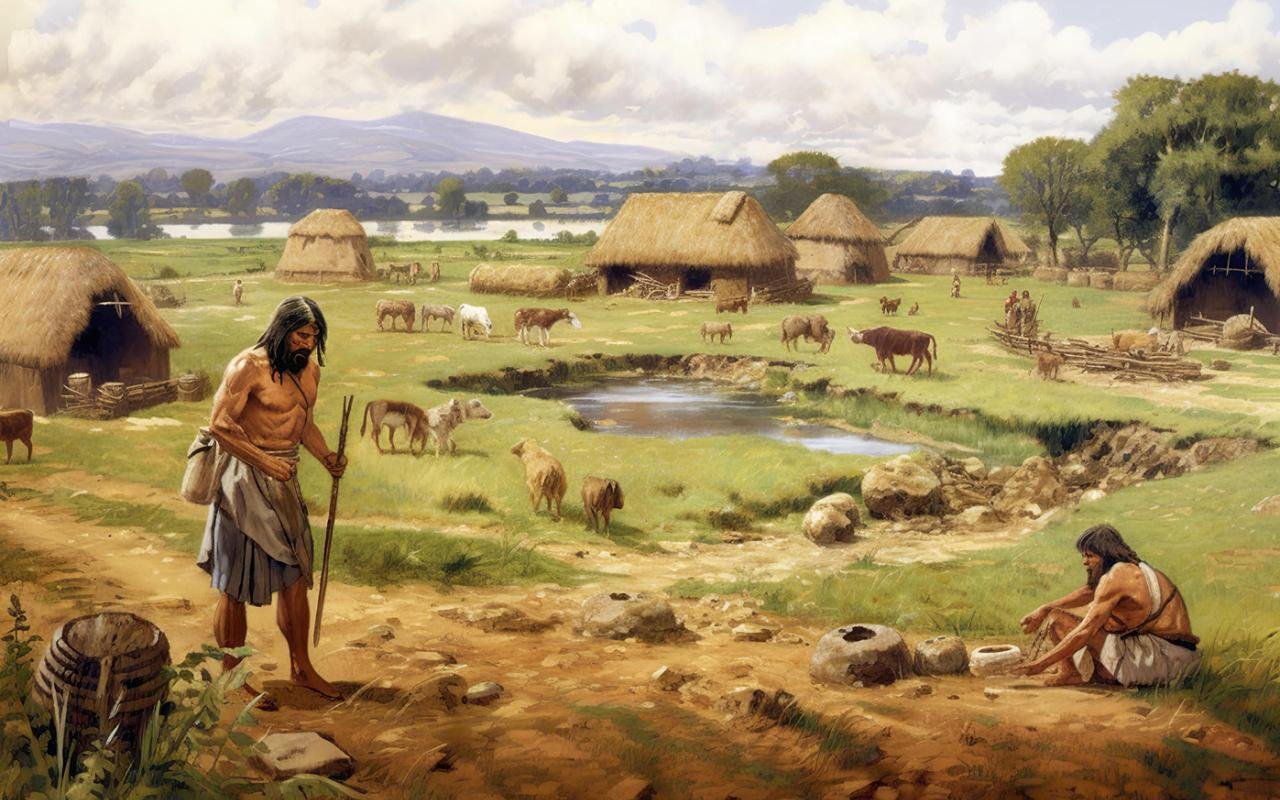The Neolithic era, also known as the New Stone Age, marks a significant turning point in human history. It was during this period, roughly 10,000 to 4,500 BCE, that our ancestors transitioned from a nomadic hunter-gatherer lifestyle to settled communities that practiced agriculture and animal domestication. The Neolithic revolution brought about profound changes in human society, paving the way for the birth of civilization as we know it today.

The Agricultural Revolution
One of the defining characteristics of the Neolithic era was the advent of agriculture. This marked a major shift from the reliance on wild food sources to the deliberate cultivation of crops. Grains such as wheat, barley, and rice were cultivated, providing a stable food supply that allowed communities to settle in one place. With agriculture came the development of tools and techniques for farming, including the use of plows and irrigation systems.
The ability to produce surplus food led to population growth and the establishment of permanent settlements. Villages and towns began to emerge, transforming the social dynamics of human society. People could now specialize in various tasks, leading to the development of specialized skills, trade, and the division of labor.
Technological Advancements
The Neolithic era witnessed remarkable advancements in technology. The mastery of agriculture led to the domestication of animals, such as cattle, sheep, and goats. These animals provided not only a source of food but also materials for clothing, tools, and transportation.
Another significant technological advancement during this era was the development of pottery. The ability to create and store vessels made from clay revolutionized food storage and preparation. Pottery also played a crucial role in the development of trade networks, as it allowed for the transportation of goods over long distances.

Furthermore, the Neolithic period saw the emergence of weaving and the production of textiles. The invention of the loom enabled the creation of fabrics from plant fibers and animal wool, leading to the development of clothing and other textile products.
Social Organization
The transition to settled communities and the increased reliance on agriculture brought about significant changes in social organization. In the Neolithic era, societies became more complex, evolving from small kinship-based groups to larger, more hierarchical structures.
As populations increased, social stratification emerged. Some individuals acquired wealth and power, leading to the establishment of social classes. The emergence of surplus resources allowed for the development of specialized roles, such as religious leaders, artisans, and political rulers.
Religion also played a significant role in Neolithic societies. Evidence of ritual practices and ceremonial sites, such as Stonehenge in England, suggests a belief in supernatural forces and the importance of communal gatherings.

Legacy
The Neolithic era laid the foundation for the development of complex human societies and the rise of civilization. The innovations and advancements made during this period set the stage for future technological and social progress.
The transition from a nomadic lifestyle to settled communities allowed for the accumulation of knowledge and the development of specialized skills. This, in turn, led to advancements in agriculture, technology, and social organization that continue to shape our world today.
The Neolithic revolution marked a pivotal moment in human history, transforming our species from wandering hunters to settled farmers. It was a time of immense change and innovation, setting the stage for the rise of civilization and the countless achievements of humanity that followed.
The Neolithic era was a period of great significance in our history. It witnessed the birth of agriculture, the development of new technologies, and the emergence of complex social structures. The legacy of the Neolithic era continues to shape our world today, reminding us of the remarkable achievements of our ancestors and the enduring impact of their innovations.


































